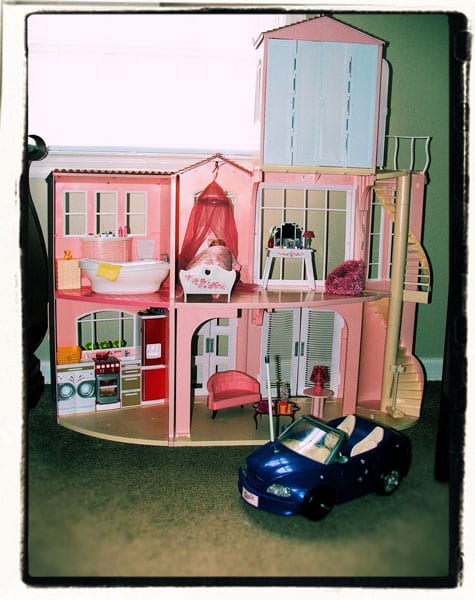
February 18, 2019; San Diego Union-Tribune
As readers consider this story, they may wish also to keep in mind that, in a bit of Trumpian spin, the high-profile charity brand Ronald McDonald House actually receives very little investment from the McDonald’s corporation itself. It is another case of giving away other people’s money, but with an even more ludicrous twist.
In this case, Ronald McDonald House Charities of San Diego is holding a raffle and promising to give away a dream house to one lucky winner. But James Graham of Point Loma, California, who has bought a raffle ticket to the nonprofit’s dream house contest every year for five years, doesn’t buy it…and won’t buy a ticket, either.
“In my view, the charity has probably lost trust,” he says. “After 10-plus years of the dream house raffle not raffling off a home, I think my response of not choosing to participate in the raffle might be how others respond.”
In March of last year, a San Diego Union-Tribune investigation discovered that Ronald McDonald House Charities of San Diego (RDMHC of San Diego) has not actually given a house away in a decade. The fine print in an advertising blitz states that a minimum threshold of ticket sales must be met before a winner would be awarded the dream house. Unfortunately, many ticket buyers are often too mesmerized by descriptions of the luxury house of their dreams to read the terms of the contest.
The Union-Tribune investigation also revealed that the charity had paid consultant Neal Martin Zeavy $3 million from 2008 to 2016 to run the contest. That’s money critics say could have gone to the organization.
Three months after the newspaper’s report was released, RDMHC made some significant changes. In an effort to restore public trust and assure transparency, it now guarantees that the winner will receive a Scripps Ranch mansion or a cash prize. That hasn’t happened in a decade of raffles.
Sign up for our free newsletters
Subscribe to NPQ's newsletters to have our top stories delivered directly to your inbox.
By signing up, you agree to our privacy policy and terms of use, and to receive messages from NPQ and our partners.
Charles Day, CEO of RDMHC of San Diego, said the charity made the change after surveying past raffle participants. “Guaranteeing the availability of the dream house was something participants were interested in seeing,” he said, “so this year we’re doing just that.”
Furthermore, the organization announced that it has ended its relationship with Zeavy. Staff members are now running the raffle. It’s a way to “ensure we are maximizing the proceeds which support the families who rely on our charity,” Day said.
Over a decade, Zeavy has made $17 million running dream house raffles for nonprofits across the Western US. Rarely has any actually given a house away. For example, Boys and Girls Clubs of Metro Denver, which paid Zeavy $2 million from 2010 to 2015, has a threshold of 50,000 tickets this year for the grand prize of a house or cash prize. Special Olympics Washington, which paid Zeavy $641,105 from 2014 to 2015, has a threshold of 62,000 tickets this year. Ronald McDonald House Charities of Northern California, which paid Zeavy $1.5 million from 2009 to 2016, has yet to announce a raffle this year.
Daniel Borochoff, founder and president of Chicago-based Charity Watch, took note of the change at Ronald McDonald House Charities of San Diego. He asserts that it’s just good business.
“If people can’t trust them to give [the house] away then people aren’t going to want to participate in future years,” Borochoff said. “My guess is they made a calculated business decision that people aren’t going to participate unless they start giving it away. It’s in their own interest.”
The mission of Ronald McDonald House Charities of San Diego’s is to provide a place to stay, meals, and other resources for families with seriously ill children receiving hospitalized care. It would be tragic if declining public trust would compromise the nonprofit’s ability to care for those families. It seems that the crux of the matter is that when it comes to the truth, the public has a right to expect transparency. Till then, we all need to read the fine print very carefully.—Meredith Betz













